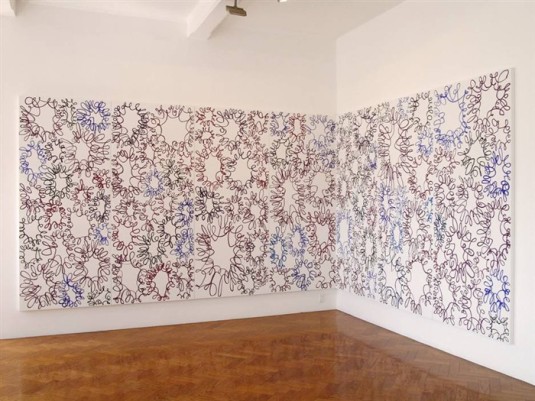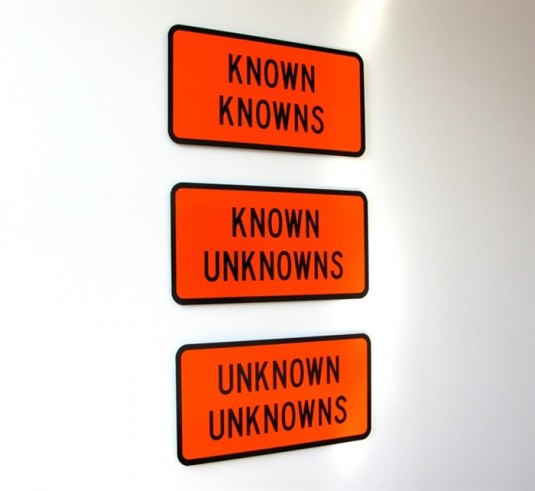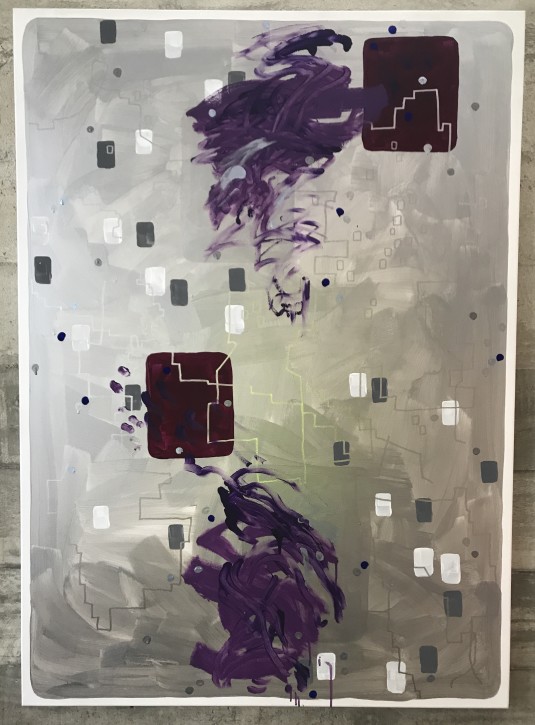Nietzsche on Whites Beach
Nietzsche on Whites Beach
-
Artist
-
Production Date
1996
-
Medium
acrylic on hessian
-
Size
2800 x 8000 mm
-
Credit
Chartwell Collection, Auckland Art Gallery Toi o Tāmaki, 2005
-
Accession Number
C2005/1/18/1
-
Accession Date
20 Jun 2005
-
Department
New Zealand Art
-
Classification
Painting
-
Collection
Chartwell
-
Description
The artist talks about this work extensively in the publication SUMWHR 2002, he says with characteristic humour, “It’s New Zealand’s largest finger-painting. One of my favourite Nietzsche quips is from Will to Power: “It is easier to be titanic than to be beautiful”.
When he is asked what Nietzsche is doing on Whites Beach, he says, "The idea is an opera, and slightly absurd. Whites Beach is minor, a small stretch of sand, between North Piha and Anawhata on the West Coast; while Nietzsche is major, one of philosophy’s heaver hitters. There’s a displacement or inversion there.”
While the work is a collision of scale; or perhaps a collision between minor and major musical key, it is also about the disconnection between the landscape and the rhetoric that floats around landscape, both in literature, and in art.
He says, with works like this one, “You get shallow Byzantine pictorial space – planiverse. These big paintings aren’t exactly abstract, aren’t exactly figurative. They’re diagrammatic, calligraphic: hieroglyph and pattern, sign and grid at once. I think of the hypnotic repetitive forms in Moorish art. Muslims consider images graven. Instead they have this repertoire of abstract motifs, conflating vegetal forms, writing and pattern. In multiplying and expanding, these forms direct the viewer’s mind to bigger structures. These ornamental patterns embody Islamic principles of interconnection and integration. I think of tukutuku.”
John Reynolds talks to Robert Leonard in SUMWHR 2002, NZ: GBAG/Artspace, page 55 and 56








































